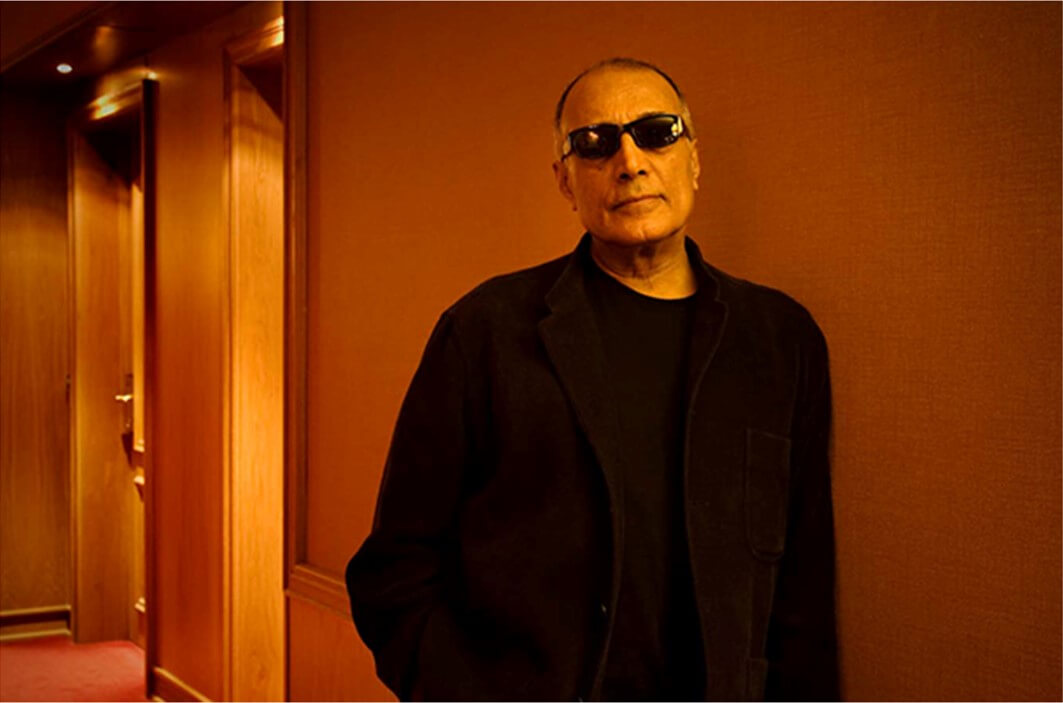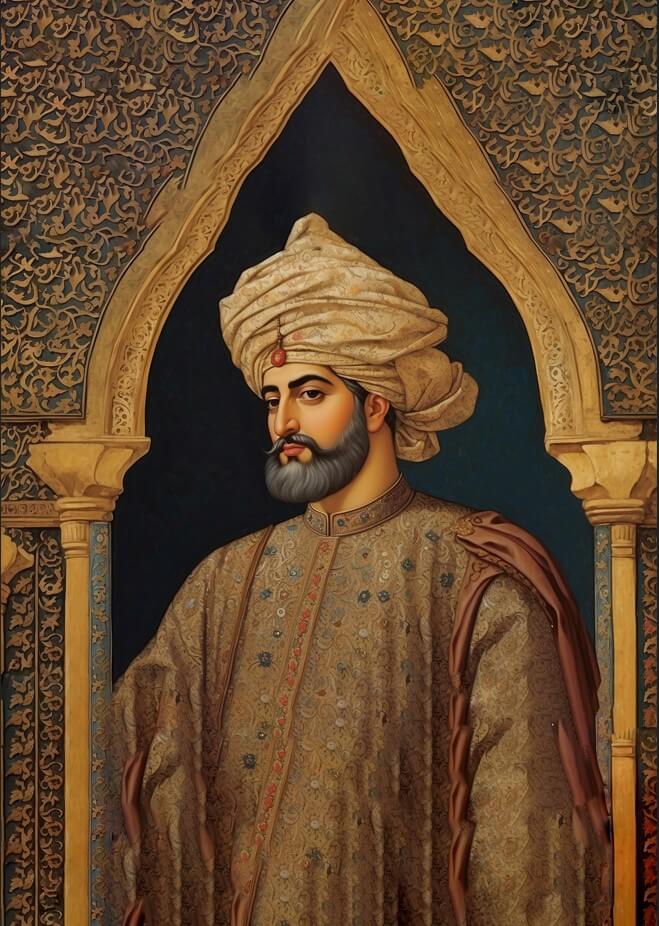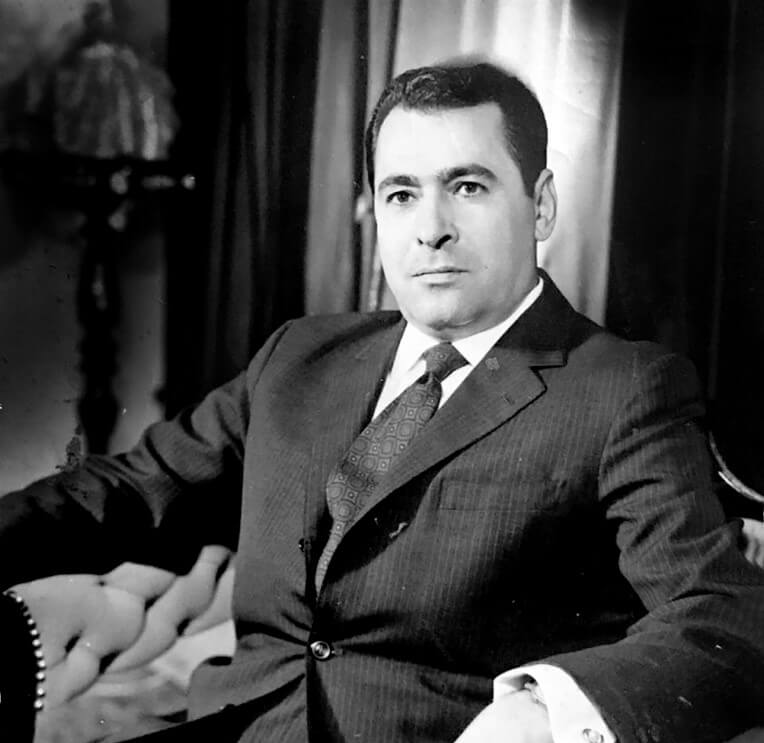Al Pacino: A Titan of American Cinema
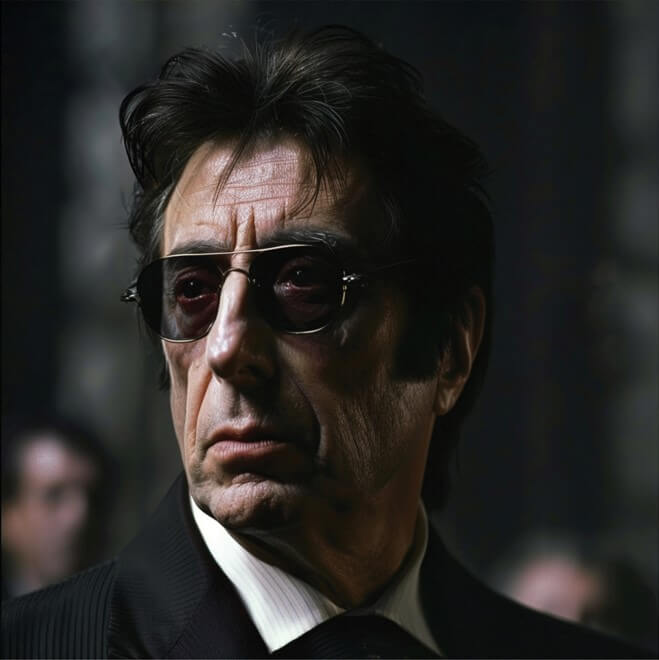
Alfredo James “Al” Pacino, born on April 25, 1940, in New York City, is one of the most influential actors in the history of film and stage. Known for his intense and explosive acting style, Pacino has become a defining figure in American cinema, with a career that spans over five decades. His roles in iconic films such as “The Godfather,” “Scarface,” and “Scent of a Woman” have cemented his place as a true legend in the industry.
Early Life and Beginnings

Raised in the Bronx, New York, by his Italian American family, Pacino’s passion for acting emerged early. He attended the High School of Performing Arts but dropped out at age 17, struggling initially to break into the acting world. His early years were marked by a dedication to the craft, as he worked at low-paying jobs to fund his acting studies at the Herbert Berghof Studio, followed by the prestigious Actors Studio under mentors like Lee Strasberg.
Breakthrough and Rise to Stardom
Pacino’s breakthrough came with his role in the 1971 film “The Panic in Needle Park,” portraying a heroin addict, which showcased his ability to immerse himself deeply into complex characters. However, it was his portrayal of Michael Corleone in Francis Ford Coppola’s “The Godfather” (1972) that catapulted him to international stardom. His performance was both chilling and nuanced, earning him his first Academy Award nomination and a permanent place in the annals of film history.
Iconic Roles and Acclaim
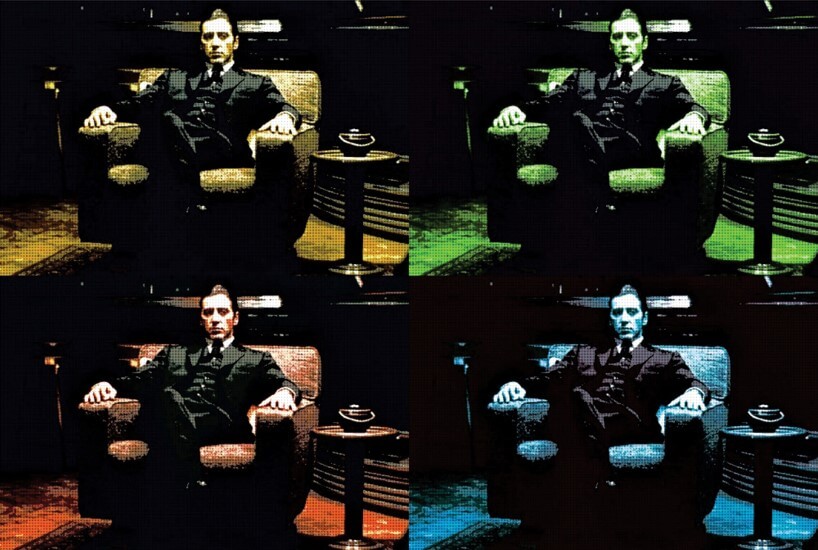
Throughout the 1970s and 1980s, Pacino starred in a series of successful films that demonstrated his versatility as an actor. In “Serpico” (1973), he played an honest cop fighting corruption in the NYPD, while in “Dog Day Afternoon” (1975), he portrayed a bank robber. The 1983 film “Scarface” saw him as Tony Montana, which became one of his most iconic roles, showcasing his ability to dominate the screen with his powerful presence.
Pacino’s commitment to his craft was further recognized in 1992 when he won the Academy Award for Best Actor for his role as the blind, irascible, retired Army officer Lt. Col. Frank Slade in “Scent of a Woman.” This role underscored his ability to convey complex emotions and charisma, ensuring the audience’s empathy even with a flawed character.
Stage Work and Later Career

In addition to his film career, Pacino is also a respected stage actor, illustrating his versatility and deep roots in theater. He has performed in numerous Broadway and off-Broadway productions, including Shakespeare’s “Richard III” and Oscar Wilde’s “Salome,” showcasing his ability to tackle diverse theatrical roles with the same fervor he brings to the screen.
In his later career, Pacino has continued to take on challenging roles in both television and film. His performances in “You Don’t Know Jack” (2010) as Dr. Jack Kevorkian and in “The Irishman” (2019) as Jimmy Hoffa have been critically acclaimed, proving that his capacity to engage audiences remains undiminished by time.
Legacy

Al Pacino’s impact on film and theater is profound. Known for his intense character immersion and charismatic presence, he has influenced generations of actors. His dedication to his craft and his ability to consistently deliver powerful performances have earned him numerous awards and accolades, including an Oscar, two Tony Awards, and multiple nominations.
Al Pacino remains not just a celebrated actor but a cultural icon whose works continue to resonate with and inspire audiences around the world. His legacy in American cinema as one of the greatest actors of his generation is secure, with a body of work that continues to be celebrated for its depth, intensity, and raw emotion.


